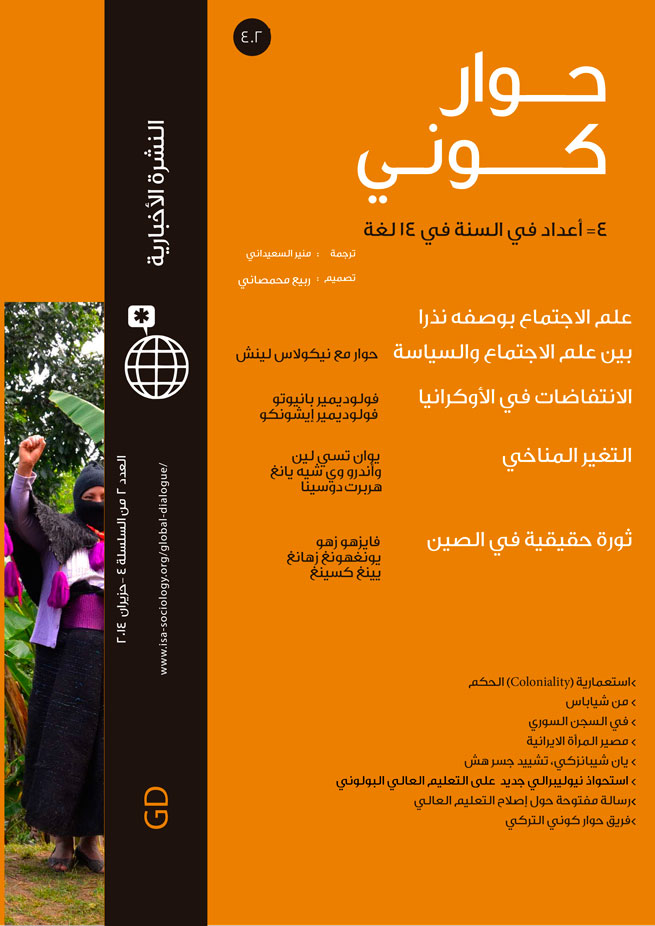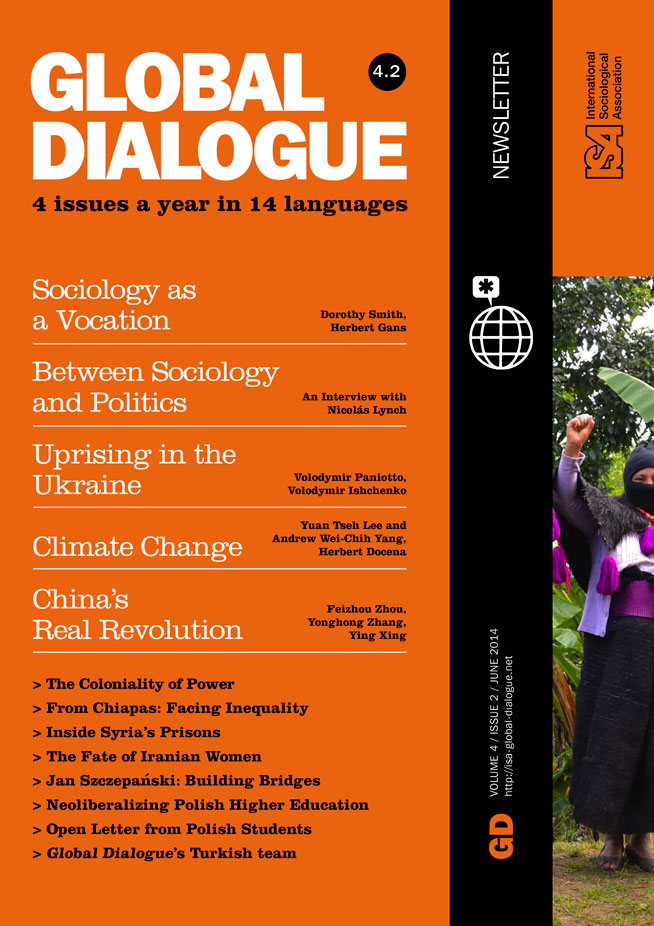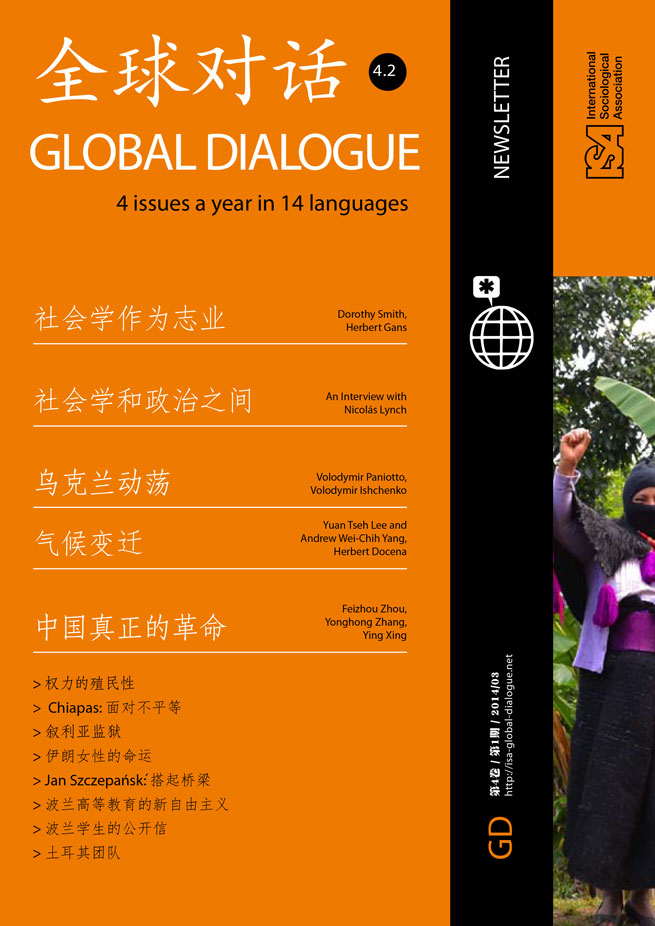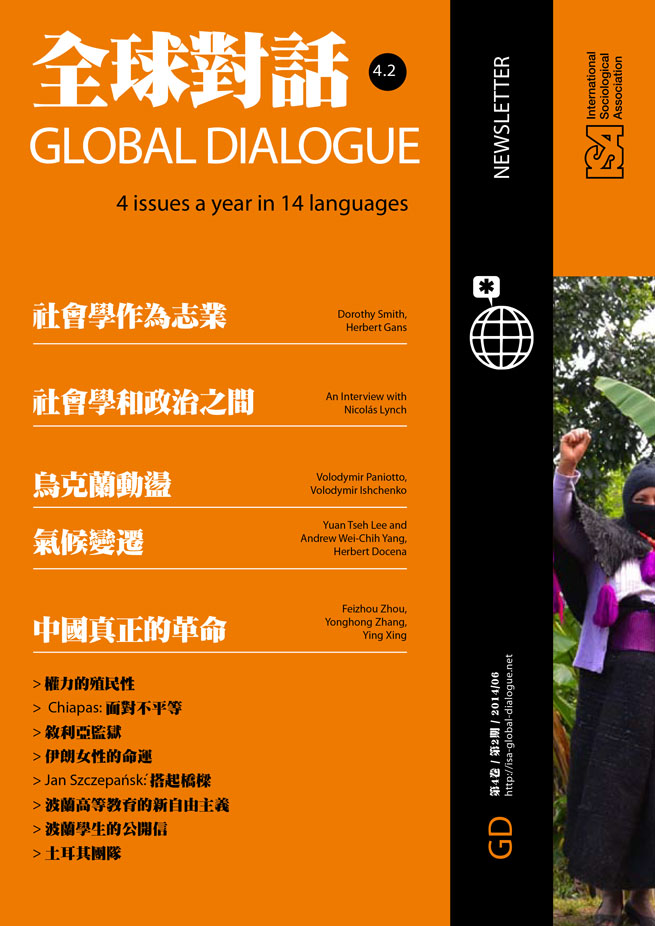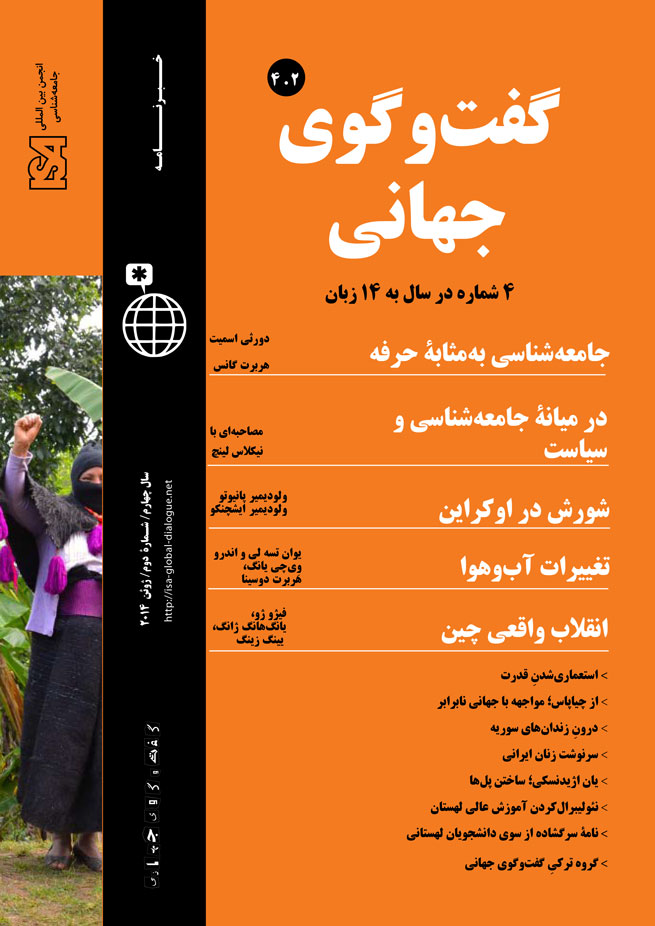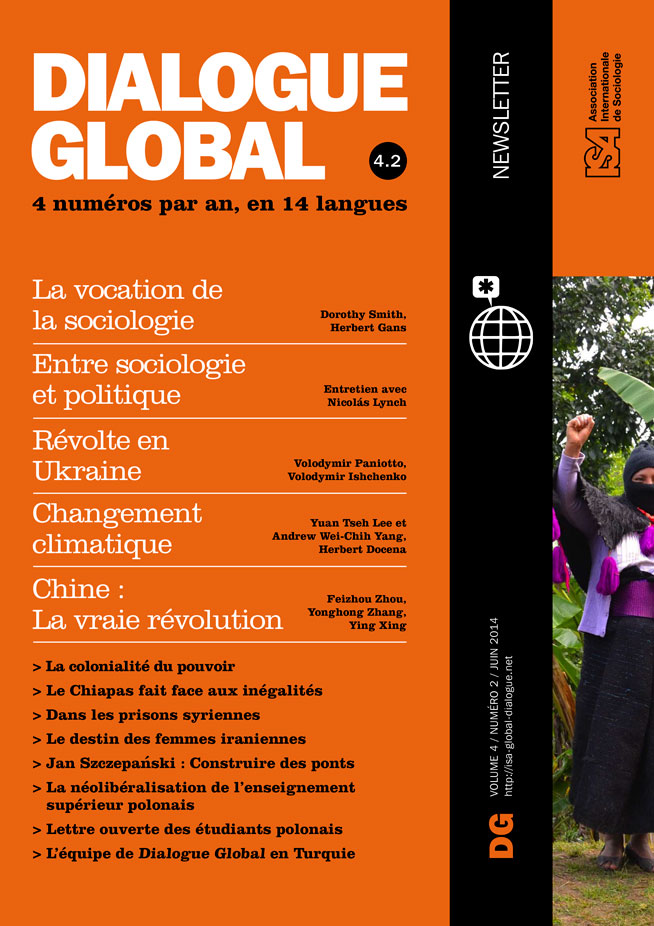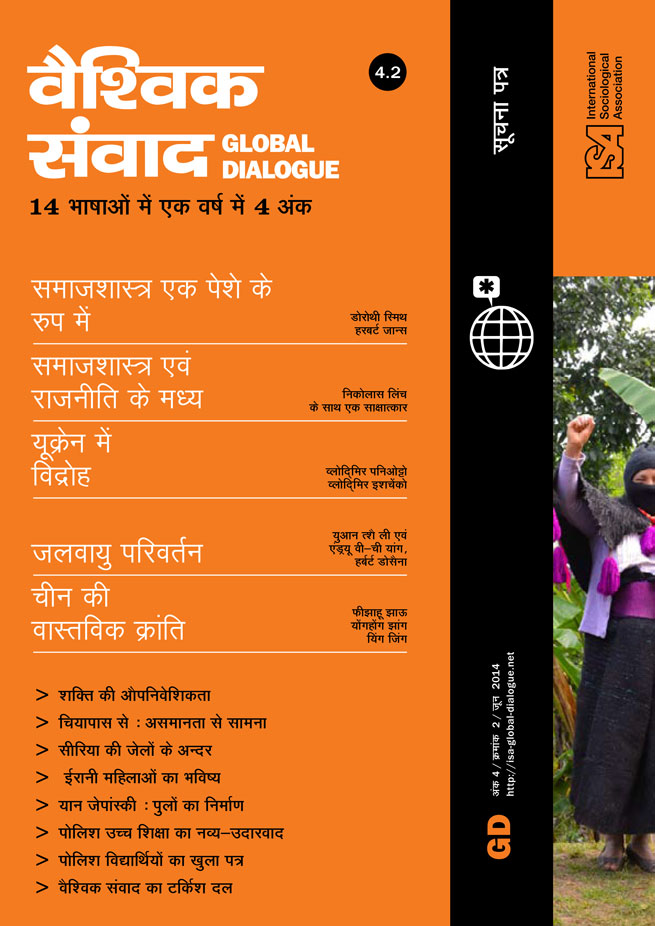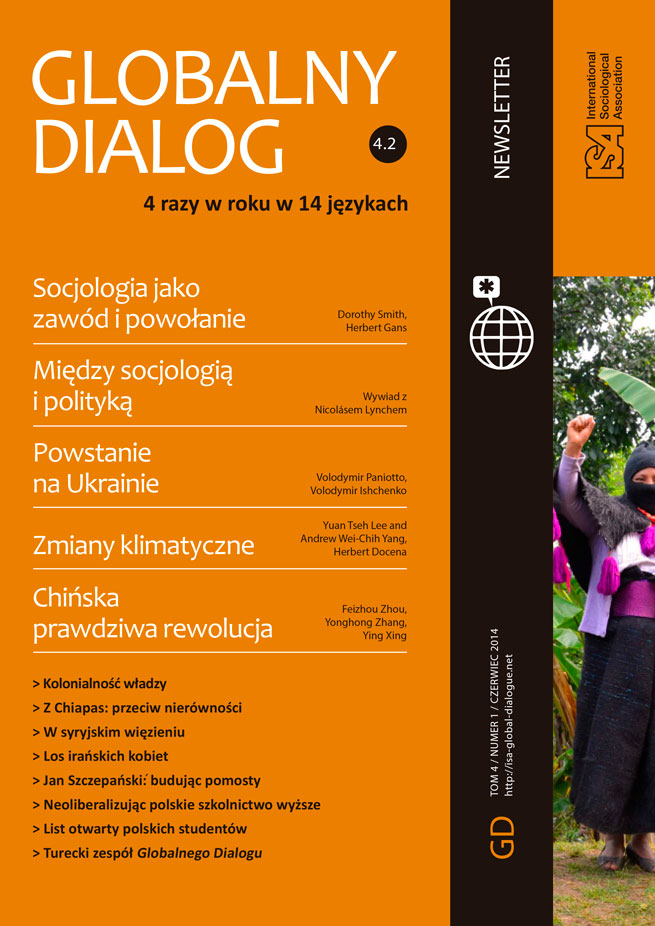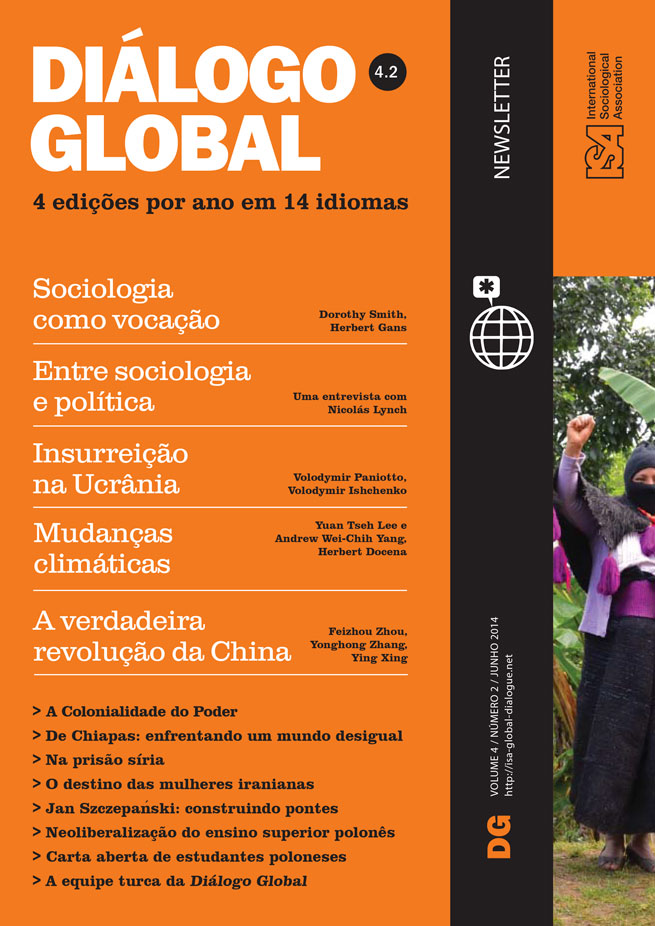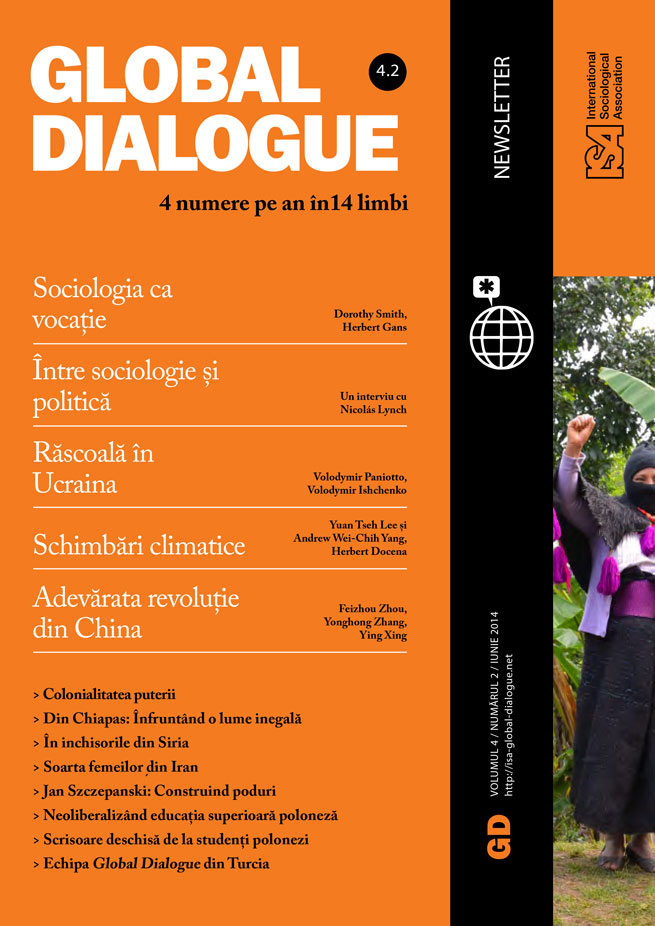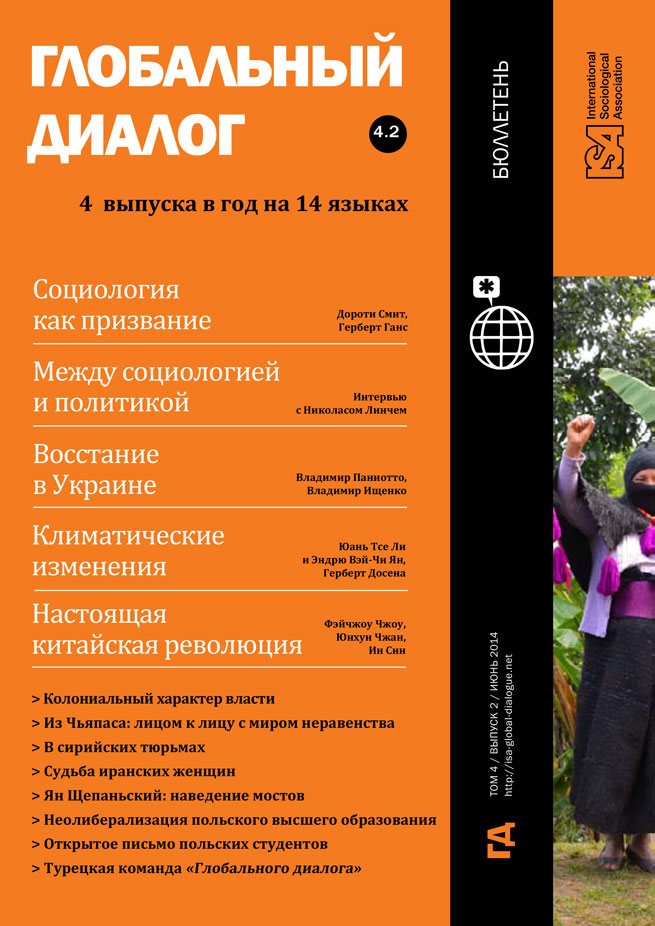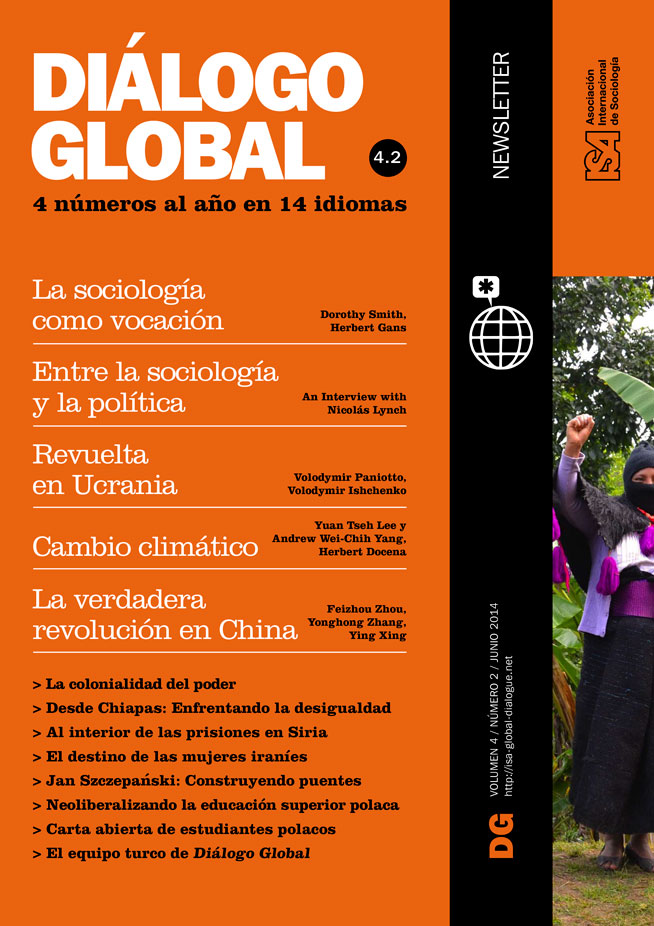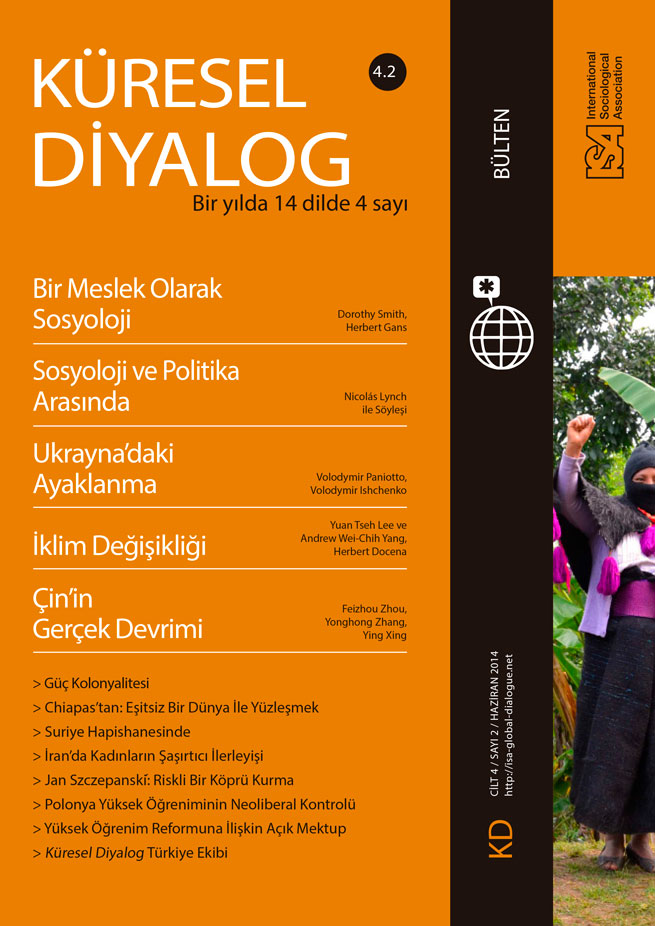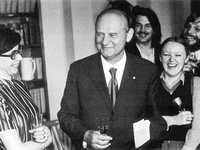A Neoliberal Takeover of Polish Higher Education
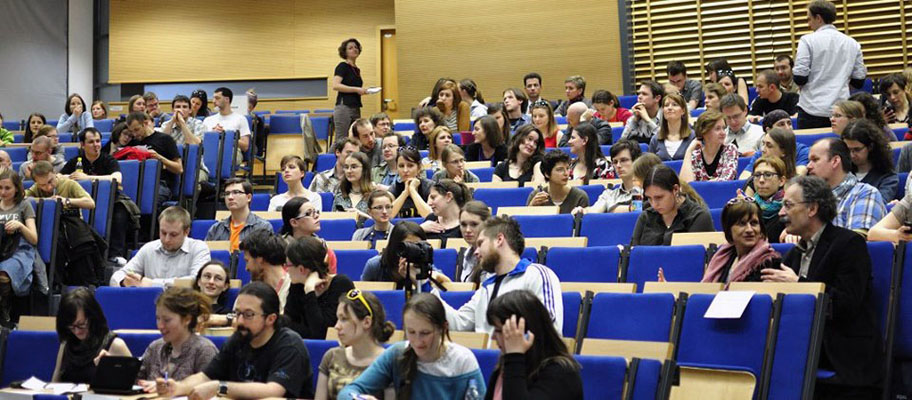
May 16, 2014
It is not the first time that the condition of contemporary Polish academia adorns the pages of Global Dialogue. In GD 2.4 members of the Public Sociology Lab pointed to the neoliberal reforms of the Polish universities[1]. Over the last seven years the Polish system of higher education has undergone major changes, on the grounds that Polish academia must meet world-class standards. While the cause seems to be a noble one and is generally supported, the actual outcomes have brought about many adverse effects, thereby making the situation worse, not better.
To understand the dire condition of Polish academia, it may be worthwhile briefly delineating a few key elements of the structural transformation that we consider to be particularly problematic. This is particularly timely since Poland has a new Minister of Higher Education, Lena Kolarska-Bobińska, a Professor of sociology and a former Member of the European Parliament. She insists that she is going to continue the policy of her predecessor.
Funding for academic fields amounts to only 0.4% of the GDP, which puts Poland at the lower end of the countries in the European Union. We should also emphasize that even though Poles have gained access to EU research funds, they only rarely apply for them and succeed even less often. The recent changes mean that more public resources are allocated to the newly established granting agencies, such as the National Science Centre (NCN), rather than being sent directly to academic institutions. However, at the country level the granting system – officially promoting merit and professionalism – reinforces disparities between the regions. The overwhelming majority of grants are allocated to researchers from the Mazovia province, dominated by Warsaw, the capital.
This inequality is reinforced by the organization of competition for PhD funding – 20% of the overall evaluation of the research proposal is dependent upon the achievements of one’s supervisor, giving enormous advantage to those who enter academic centers with the most distinguished professors. This competition for scarce resources is further intensified by the fifteen-fold increase, over the last twenty years, of the number of PhD candidates. At the same time, the completion rate is only twice as high[2]. This is because only a small percentage of PhD candidates receive scholarships while research and teaching assistantships have been dismantled in the vast majority of universities, so that graduate students are turned into a new precarious class of “disposable academics.”[3]
This process has a lot to do with the overall demographic changes in Poland that had a powerful impact on the structural conditions of the academia. The proportion of school leavers going to university has risen from 9.8% at the threshold of the post-socialist transformation to almost 50%, which is among the highest rates in the world. At the same time public funding of academic institutions was tied to the number of students with only a small amount for research (time-limited grants and not offering a possibility of more permanent employment). As Poland now faces a demographic crisis, with the number of students falling, universities face financial problems that have mainly hit those departments that have difficulty recruiting students. The recent decision to close down the philosophy program in Białystok in north-eastern Poland and open a faculty of cognitive science instead – which is likely to attract more students – has drawn a lot of attention. All over Poland, publicly funded philosophy institutes (as well as other departments of humanities) are facing particular difficulties with the introduction of payment for second majors – humanities are usually chosen as a second major, a luxury students now have to give up.
At the same time, the official mantra of striving for research quality rarely holds water. For instance, the Ministry of Science introduced a Research Assessment Exercise, relying on a ranking of journals largely based on the private company-owned and methodologically suspect “Journal Citation Report” from Thomson Reuters. Even if the JCR ranking is reasonable, its Polish iteration distorts the evaluation of academic merit: journals outside those on the JCR list are chosen in a non-transparent way, many quality outlets are omitted, and the ranking attempts the impossible, namely comparing performance in fields as different as biology, sociology, classical studies, through to law and medicine. All other kinds of publications are treated as substandard, and without discriminating among them so that a monograph published at Oxford University Press is “worth” just as much as a book in any vanity press outlet as long as it is in English. The effects of such a policy, especially for the humanities and the social sciences, are disastrous and ignored.
Many of the reforms, including the iron cage of the evaluation of academic production, are driven by the need for control rather than for quality. For instance, all faculty are now required to prepare detailed syllabi that are assessed according to the national system for measuring teaching effects. The significant increase of bureaucracy is aimed at reporting what faculty do rather than making sure that what they do makes sense. The neoliberal discourse of quality in academia results in praising applied research and disparaging fields which don’t bring immediate dividends (including philosophy and sociology). But even this concept of quality is not entirely consistent. For instance, the non-public universities in Poland – founded after 1989 and run as non-profit establishments – cannot receive state funding for classes they offer even if the quality of their teaching and their research is higher than public universities and the classes are more cost-effective. All this suggests that the reforms do not aim to improve higher education, but rather are designed to disempower academics.
The situation of Polish academia is grave but it is not unique: universities worldwide face similar challenges and predicaments. Unless the academic community in general, and social scientists in particular, formulate concrete, constructive proposals for alternative ways of organizing higher education, addressing the concerns of the reformers but avoiding the disastrous consequences of the current changes, the situation may only worsen. In fact, the time for action may have already passed.
[1] Mierzejewski M., Mikołajewska K., Rozenbaum J., “One or Many Sociologies? A Polish Dialogue,” Global Dialogue 2:4, May 2012.
[2] Michalak D., “Studia doktoranckie w Polsce – łatwo zacząć, trudniej skończyć,” March 2013: http://noweotwarcie.wordpress.com/2013/03/11/ studia-doktoranckie-w-polsce-latwo-zaczac-trudniejskonczyc/
[3] Editorial: “The disposable academic,” The Economist, 2010, retrieved from http://www.economist. com/node/17723223
Dariusz Jemielniak and Karolina Mikołajewska, Kozminski University, Warsaw, Poland

